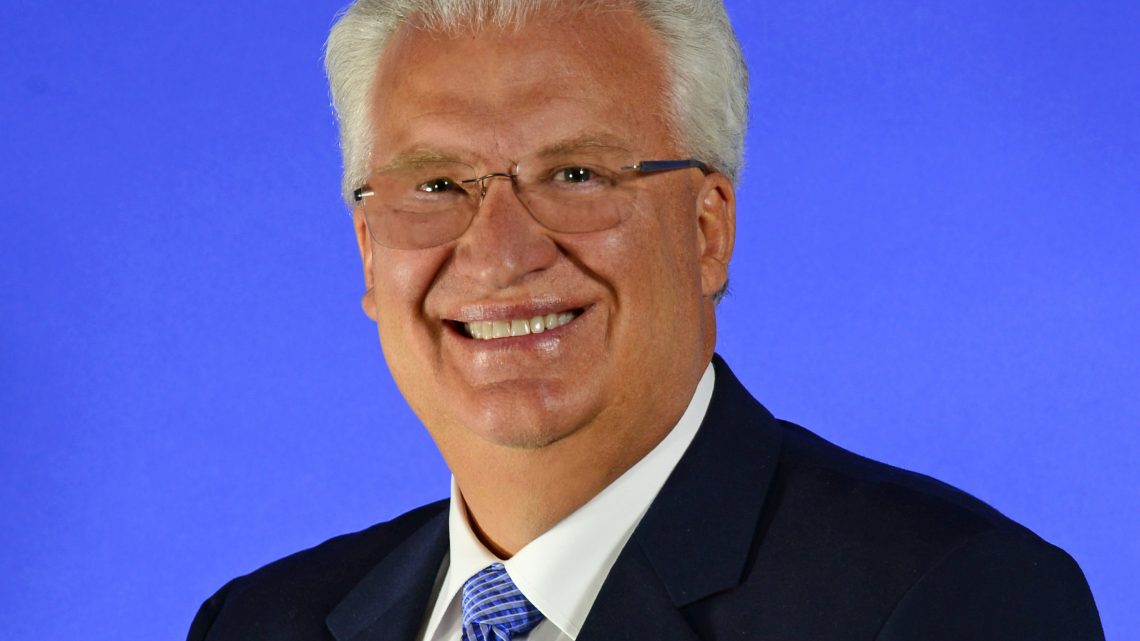Ed Barnett: President
Incredible changes have taken place in our conference in the last five months. They are changes that will require us to take a new look at how we do church. From a leadership perspective, this offers an opportunity for our conference and the church itself to carefully and prayerfully look at how we can do church better as we move forward.
In the era of “new normal,” all our congregations have engaged in embracing technology and virtual worship. Looking into the future, we expect to continue live-streaming worship services in all churches. It is amazing to see the number of hits some of our churches are getting.
In the last few months, the church mission, including our traditional evangelistic outreach, experienced a pause in many of our plans, but also received a boost with a variety of new methods.
Over the years, we have talked about innovation. Now, we are not to engage in the “tried and true,” but must continue to update and retool using new technology and social media to reach thousands of people rather than maintain the low numbers we were reaching in the past.
And there is more. To effectively reach our audience, we need to rethink the content of our preaching and teaching. Jesus has to be the center of our churches, homes and messages.
In recent months, we have seen an increased interaction with our neighbors as we have responded to their many needs—both physical and spiritual. It is vital that we refocus our public presence and strategize ways to best meet the needs of our communities while sharing Jesus and His love.
Among the biggest challenges in our conference is the effect of the pandemic on our schools. There will be the required readjustment in how educational programs meet the cognitive, social and spiritual needs of our students, besides also meeting the financial obligations.
From a management perspective, we must continue to hold more virtual meetings rather than spending thousands of dollars traveling throughout our vast territory of Colorado, Wyoming and the northern part of New Mexico. Our new circumstances call us to rethink how we conduct large gatherings, including town halls and camp meetings.
Eric Nelson: VP for Administration
Adventist churches within our conference have been challenged to accommodate the health orders of their counties and states. The goal continues to be maintaining the safety of our members while carrying on ministry.
Our churches have become creative during this time. There have been added burdens of setting up safeguards to keep distance, masks and safety protocols to ensure we have a safe environment for church members to gather, even in a limited manner.
Some have taken to worshiping outdoors since there is more space and attendance can be increased. All of these scenarios create challenges for our churches and for their worship.
At the beginning of the outbreak, many of our pastors were conducting evangelistic or outreach services. They had to switch nimbly to an online format. In some cases, their attendance increased. In the same manner, some have seen more people attending online worship than were attending when they met in the sanctuary. We praise the Lord for the resources of the computer and internet that provide tools that can meet this challenge.
Thankfully, restrictions did not stop a number of baptisms. New methods of mission are already being effective, such as giving Bible studies by phone or online.
Churches will continue to adjust to the restrictive health challenges. In some cases, that means offering multiple services or live-streaming. Ways beyond a short contact by computer are being explored to develop or maintain personal interaction and contact with individuals not comfortable attending.
Several churches welcomed new pastors in Colorado and Wyoming during the beginning of the COVID-19 pandemic, while some districts were divided and absorbed into other districts as an efficiency and cost-saving measure.
The mission of Rocky Mountain Conference has not changed during COVID-19, even though methods are new and different. Innovation and creativity are welcome, as is the flexibility shown by members and pastors. They have stepped up to this challenge in a large measure and are striving to do their utmost to carry on the mission to “Know Christ and make Him fully known” to church members and their communities.
George Crumley: VP for Finance
Who would have thought back in February that a virus spreading overseas could so quickly spread to our country and completely change the way we worship, work, recreate and socialize? Because of its impact, it has left collateral damage that continues to affect the church, society and economy.
Because of current uncertainties, it is difficult for our schools to project what will happen in the fall, and thus feel comfortable with their future budgets. The result is a natural financial conservatism, which is appropriate given the circumstances. This is just one of many challenges our schools are facing.
Within the conference, our base tithe has been down by a bit over 3 percent so far this year. Because of this, we have frozen all hiring for new positions within the conference, voted not to provide the July 1 cost-of-living pay increase for employees and are emphasizing careful management of departmental expenditures.
We are thankful that the tithe decrease is not greater, and we are grateful to our members for being faithful even in the face of uncertainty. We also appreciate our schools for being conservatively watchful as we proceed through this year and budget in the fall for next year.
Through all of this, we can be thankful. Because of technology, we have continued to worship together, learn together, work together, socialize together and return our tithes and offerings to support the mission. None of this could have been easily done just a few years ago.
We can all look forward to being back together for prayer, study, learning, working and socializing. I have been reminded through all of this of the importance of our freedoms—God-given freedoms we should never take for granted.









